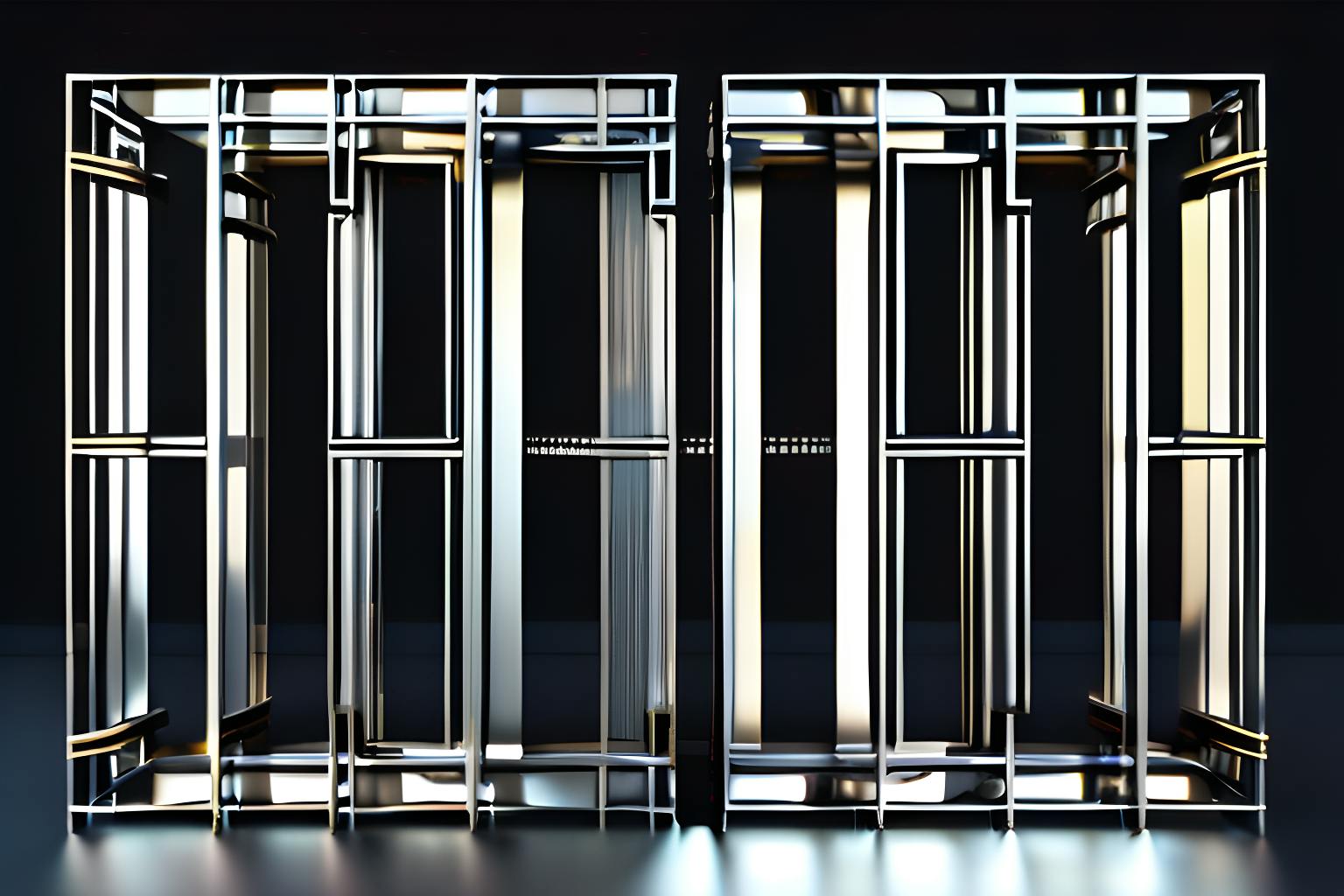FTC v. Binance Court Filing, retrieved on March 27, 2023 is part of HackerNoon’s Legal PDF Series. You can jump to any part in this filing here. This is part 7 of 31.
IV. RELEVANT STATUTORY BACKGROUND AND LEGAL FRAMEWORK
B. Provisions Authorizing Imposition of Derivative Liability Under the CEA
36. Section 2(a)(1)(B) of the Act, 7 U.S.C. § 2(a)(1)(B), and Regulation 1.2, 17 C.F.R. § 1.2 (2022), provide that the “act, omission, or failure of any official, agent, or other person acting for any . . . corporation . . . within the scope of his employment or office, shall be deemed the act, omission, or failure of such . . . corporation . . . as well as such official, agent, or other person.”
37. Section 13(a) of the Act, 7 U.S.C. § 13c(a), provides: “Any person who commits, or who willfully aids, abets, counsels, commands, induces or procures the commission of, a violation of any of the provisions of this Act, or any of the regulations or orders issued pursuant to this Act, or who acts in combination or concert with any person in such violation, or who willfully causes an act to be done or omitted which if directly performed or omitted by him or another would be a violation of the provisions of this Act or any of the rules, regulations, or orders may be held responsible for such violation as a principal.”
38. Section 13(b) of the Act, 7 U.S.C. § 13c(b), provides that any “person who, directly or indirectly, controls any person who has violated the Act, or regulations promulgated thereunder, may be held liable for such violations to the same extent as the controlled person if the controlling person did not act in good faith or knowingly induced, directly or indirectly, the acts constituting the violation.”
Continue Reading Here.
About HackerNoon Legal PDF Series: We bring you the most important technical and insightful public domain court case filings.
This court case 1:23-cv-01887 retrieved on September 4, 2023, from docdroid.net is part of the public domain. The court-created documents are works of the federal government, and under copyright law, are automatically placed in the public domain and may be shared without legal restriction.

